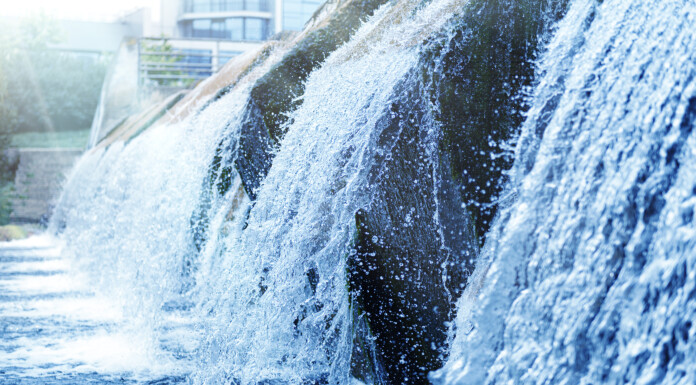You can grow most crops in the Wairarapa; you just need water.
We have a benign climate, some good soils and large areas of flats. What’s lacking is water, and with our changing climate, the problem is going to get worse.
I was, therefore, pleased to hear the Prime Minister’s statement on water storage. He is going to remove the red tape preventing large scale water storage projects from being built. It is good news for Wairarapa.
Wairarapa’s Wakamoekau water storage scheme was canned largely because of the costs involved in the consenting process. Having those costs removed will be a considerable shot in the arm for our community, not to mention the $12 million already spent on the project.
Luxon’s additional statement that making water storage easier will help transform regions and enlarge our economy was also welcome. The reality is that cost-effective water storage can achieve both.
Additional good news came from Ministers Chris Bishop and Shane Jones telling me of a one-stop shop for major projects. For the record, I’m happier with those Ministers making decisions than I am with the status quo of the regional council telling me what I can and can’t do.
The Ministers also told me that the cost of consenting infrastructure projects had increased by a massive 70 per cent since 2014, and the time taken has blown out by as much as 150 per cent over the same period.
That isn’t sustainable.
So the good news is that Wairarapa Federated Farmers has the bit between its teeth to restore the Wakamoekau water scheme. President David Hayes told me that Federated Farmers were committed to water storage and were determined to see it progress. I feel confident they’ll make it happen.
Masterton Councilor David Holmes is also passionate about water storage.
“The Wairarapa is desperate for water storage,” he told me. “It’s vital for us. I’ll be working tirelessly to make sure it happens.”
What is also welcome is that all three coalition parties are committed to water reform.
That the current system wasn’t working was graphically illustrated by the treatment Wellington Regional Council gave to local farmer Len French who has developed a 13-hectare irrigation dam.
Len took four years and spent $400,000 before a sod could be turned. He suggested that the Regional Council didn’t know what to do. There was an additional $280,000 required for non-dam conservation work which was ridiculous.
Another issue was that anyone could submit against the proposed dam without any interest in it, which is farcical. Wellington Regional Council also argued that the dam was on a wetland. Len French also had to deal with issues of fish passage again at considerable expense.
The dam is now up and running with the French flats an oasis of green in an otherwise desert of brown. It is a credit to their perseverance that the dam is built and is working.
For all those reasons, I’m totally supportive of the government initiatives to encourage water storage. I also welcome the fast-track legislation as in this instance, having central government taking control is the right thing to do. Regional government has consistently shown its inability to approve water storage projects quickly and cost-effectively.
What farmers need to do now is to get water storage proposals together and put them forward. The time is right.
Alan Emerson is a semi-retired writer, farmer and businessman living in Wairarapa. He writes a weekly column for Farmers Weekly and has written and/or edited five books.



Great move by government get wairarapa working again and growing. As for the environmentalists go live where there is no water or food try the moon 😉.